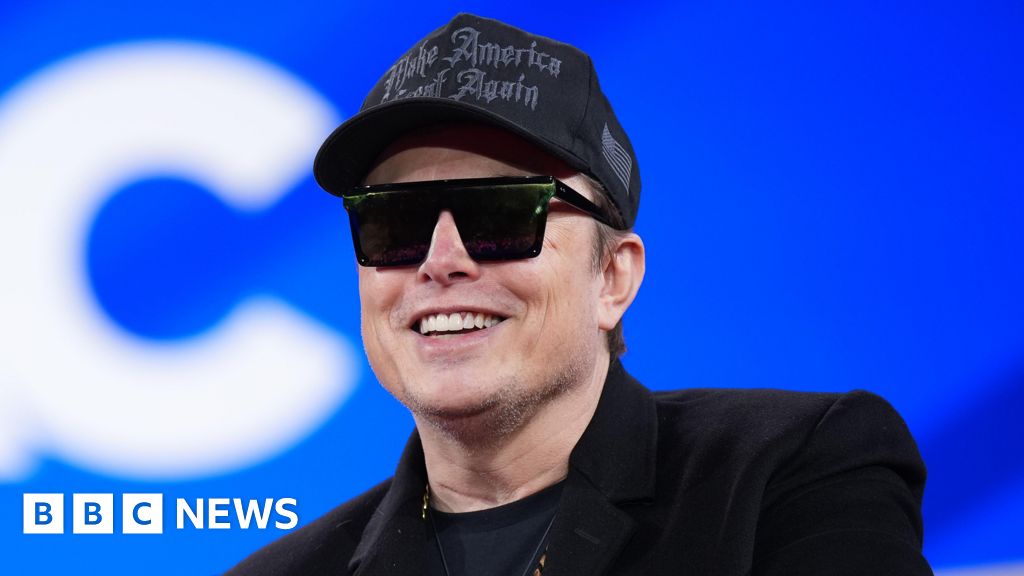Record U.S. EV Sales in 2025: Tesla and GM Lead the Charge

Record U.S. EV Sales in 2025
Electric vehicle sales in the United States have surpassed 1 million units through the first nine months of 2025, marking a significant milestone in the industry’s growth. Tesla and General Motors (GM) are leading this surge, with Tesla maintaining a 46% market share despite a slight 10% sales decline year-over-year. Meanwhile, GM has doubled its EV sales since mid-2024, showcasing strong momentum in the electric segment.
GM’s Rising Influence in the EV Market
GM’s expanding electric lineup, including the popular Chevrolet Equinox EV, has contributed to its growing presence, now capturing approximately 16% of the U.S. EV market. Cadillac’s luxury electric models have also gained traction, further diversifying GM’s offerings. This growth comes as federal EV tax credits are set to expire, fueling a rush of purchases in the third quarter.
Market Outlook Amid Incentive Changes
With federal incentives ending, the industry faces uncertainty, but current trends indicate robust demand for EVs. The competitive dynamic between established automakers and startups continues to evolve, shaping the future of electric mobility in America.
About the Organizations Mentioned
Tesla
Tesla, Inc. is a pioneering American electric vehicle (EV) and clean energy company headquartered in Texas, with a mission to accelerate the world’s transition to sustainable energy[1]. Founded in 2003 by engineers Martin Eberhard and Marc Tarpenning, and later joined by Elon Musk, who became the company’s driving force and public face, Tesla has grown from a niche startup into a global leader in EVs, energy storage, and solar technology[1]. ## What Tesla Does Tesla designs, manufactures, and sells high-performance electric vehicles, including the Model S, Model 3, Model X, Model Y, Cybertruck, and the upcoming affordable model[4]. Beyond automobiles, Tesla produces large-scale battery storage systems (Powerwall, Powerpack, Megapack) and solar energy products (Solar Roof, Solar Panels), aiming to create a fully integrated sustainable energy ecosystem[1]. The company operates six massive, vertically integrated factories across three continents, employing over 100,000 people who handle everything from design to service in-house[1]. ## History and Key Achievements Tesla’s breakthrough came with the 2008 launch of the Roadster, the first highway-legal all-electric sports car. The company then disrupted the auto industry with the Model S sedan (2012), which set new standards for EV range and performance. The Model 3, introduced in 2017, became the world’s best-selling electric car, proving that EVs could be both desirable and mass-market[1]. Tesla’s Gigafactories, sprawling production facilities, have enabled rapid scaling and cost reductions, while its proprietary Supercharger network has addressed range anxiety for drivers. ## Current Status and Notable Aspects In 2025, Tesla continues to dominate the EV market, producing over 447,000 vehicles and delivering nearly 497,000 in Q3 alone[5]. The company has avoided over 20 million metric tons of CO₂
General Motors
General Motors (GM) is a leading American multinational corporation that has been a driving force in the automotive industry for over a century. Founded in 1908 by William C. Durant, GM began as a holding company for Buick and quickly expanded to include other prominent brands like Cadillac, Oldsmobile, and Chevrolet[1][3]. Durant's vision was instrumental in transforming GM into a global powerhouse, though he faced challenges, including being forced out in 1920 and later returning to co-found Chevrolet in 1911[2][3]. Under the leadership of Alfred P. Sloan, GM reorganized into a decentralized management structure, pioneering annual style changes and consumer financing innovations[1]. The company's impact on the automotive sector has been profound, introducing the electric starter and being a model for large-scale industrial enterprises[1][3]. GM's legacy includes a vast array of brands, though some like Oldsmobile and Pontiac have been discontinued[4]. In recent decades, GM faced significant challenges, including bankruptcy in 2009, but it has since recovered and is now focused on electric and autonomous vehicles[5]. Under CEO Mary Barra, GM has committed to a future of sustainable transportation, aiming for zero crashes, zero emissions, and zero congestion[6]. Today, GM operates globally, manufacturing vehicles in 35 countries and employing thousands worldwide[4]. Notable aspects of GM include its commitment to innovation and its role in shaping American industrial history. The company continues to evolve, investing heavily in electric vehicles and self-driving technology. As a leader in the automotive industry, GM remains a significant player in both business and technology, shaping the future of transportation with its pioneering spirit and technological advancements.



:max_bytes(150000):strip_icc()/GettyImages-2226916507-612bc2981bdf4d069c0ad3ca1ea91088.jpg)










